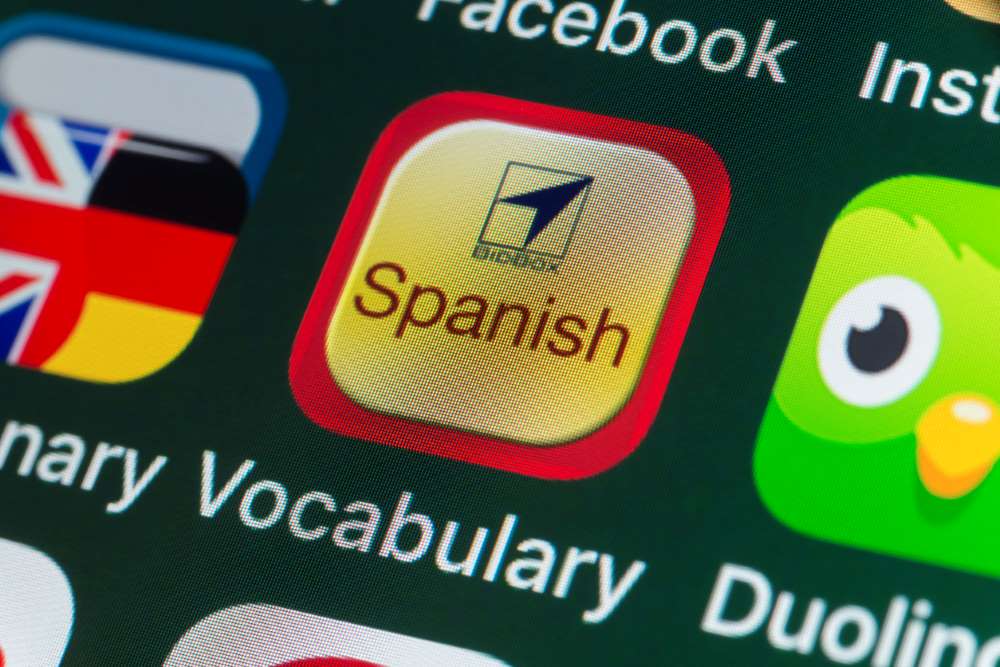
Memorizing a bunch of words sounds like it should be relatively straightforward. You just stare at a list and then wait for your brain to do the rest.
But it turns out that the human mind isn’t set up for this style of rote memorization. We find it incredibly difficult to remember words simply written down on a piece of paper, particularly if they are in a foreign language.
However, now things are changing. Education technologists are creating apps that they hope will make it easier for ordinary people to remember words that they read. It seems like a long-shot, but these apps tap into how our brains work naturally, providing a tremendous advantage to anyone studying a new language.
The approach being used by these apps is actually quite different. They each focus on different memorization techniques while trying to make the learning process itself fun.
Gamification
For some apps, such as Word Trip, the answer is gamification. The idea here is to turn learning new words into something that resembles a game. Users typically have to connect letters together to form words to score, or simply solve a particular selection of puzzles before the timer runs out. Working against the clock can be a lot of fun because it forces you to imbibe definitions quickly and then find the corresponding word.
Routine Enhancers
Other apps are trying to become routine enhancers, helping people to learn a new word every day. The “Word A Day Widget” for instance, is an app that simply displays a new word on the user’s home screen every day. It’s then up to the user to read the word and the definition and then use it in everyday speech.
This daily word app is a good idea. However, it doesn’t provide a lot of context, educating the reader how a dictionary might. It’s only available on Android at the moment, with iOS apparently in the works. Apple developers, however, have their own version - Word of the Day Widget - which does something similar.
Crosswords
Relatively few people buy physical newspapers anymore, but that doesn’t mean the traditional crossword is dead. Many apps bring this classic word puzzle game back to life in digital form.
The great thing about crosswords is that they really make you think. You get a clue and then have to work out which word fits the context. When you’re not sure why a particular word fits (or what it means), you then have to look up the definition and double check that it fits. This process is great for improving vocabulary because it is active.
Question And Answer Formats
Lastly, some apps are using question and answer formats to make it easier to remember words and phrases (and what they mean). For example, apps will ask users a question that involves the use of a certain word. The user then has to answer in a way that implies that they understand the meaning of the original question. Some apps customize questions, based on your strengths and weaknesses.



























